|
That Day Has Gone is the autobiography of musician Lu Nhat Vu, which was republished (with additions) by Tre Publishing House in early 2025.
Graceful, sincere writing style
With a charming, sincere, humorous storytelling style in an optimistic and life-loving spirit, the author recounts stories spanning his childhood from his motherland Binh Duong ; through 20 years of war, to his journey with colleagues to explore and preserve the nation's precious heritage through folk songs from all over the country.
This is a thick book, like a self-portrait of the musician, from his youth until his hair turned white, he devoted his whole life to noble ideals: love for the country, love for people, love for folk songs, melodies, and folk music . Interspersed in it are beautiful memories of his artist friends, who were also comrades who fought shoulder to shoulder during the years of hard work of the long resistance war against American imperialism, writing about him - a friend of theirs. In the eyes of his friends, musician Lu Nhat Vu was a talented man of the Southern land but was always humble, friendly and simple in front of everyone.
As a person who went through life and death during the dangerous resistance period, but when recalling his memories, through his simple words, the reader only sees a generous soul, an optimistic spirit, a shining spirit, without a single word of complaint. His writing style is a Southern style, both witty and charming, humorous on the background of a fierce war. Just a grain of salt left in the luggage, that soldier would be happy, also feel grateful to life! A precious package of shrimp paste was lost, he also ignored "others eat like we eat, why make trouble".
He also humorously boasted: "I am more famous for picking wild vegetables than for composing." Years of diving in the deep forest full of lurking dangers, having to compose in harsh conditions, death close at hand, but the heroic melodies and beautiful lyrics still soar.
The autobiography clearly recreates the most difficult years of the life of a Thanh Nien Xung Phong soldier, from the South to the North, then from the North back to battlefield B (South), going through life and death, "near-death" many times. The march across Truong Son was fierce but through the musician's words it was "clear and lyrical" just like the beautiful lyrics and melodies in his songs. Romance still reigned in the hearts of the resistance soldiers: "We rested on the barge floor, watching the two banks of the mountains. The river floated under the hazy moonlight. The dew fell coldly".
Little did they know that right after that moment, there would be a journey to climb a steep cliff using a cloud ladder: “Climbing up the mountain until my ears were exhausted, but going down the mountain, my knees were shaking and shaking, which was really difficult”. The soldier’s humorous optimism made the reader both laugh and feel bitter: “Looking down, I saw the snake’s head pecking at my feet just like tapping on the piano keys”. From being bitten by a poisonous snake to suffering from severe malaria to the point that “most of my hair had fallen out, my belly was bigger than a watermelon”, he still diligently composed music in dire circumstances, “writing in a strange state of excitement and passion, and writing during alternating bouts of malaria” (On the Truong Son Mile).
The love of a good person
Lu Nhat Vu's real name is Le Van Gat, born on April 13, 1936 in Phu Cuong ward, Thu Dau Mot city, Binh Duong province, died on March 29, 2025. He was Deputy Secretary General of the Ho Chi Minh City Music Association, term 11 (1981), member of the Secretary of the Vietnam Musicians Association, term 3 (1983), former Director of the Vietnam National Institute of Culture and Arts in Ho Chi Minh City. The Vietnam Record Book Center recognized him as "a musician with many works collecting and researching Vietnamese folk song genres" (2009). He has a series of massive research works on folk songs of the Southern region that have been published and won many awards in literature and art. |
The autobiography is also a tribute and a sentiment of the musician to all the teachers who have passed away and guided him to a musical career. The teachers he mentioned with respect: the teachers who taught him letters, the musician To Vu...
That day has passed is also the thanks of him and his wife, poetess Le Giang, his comrade, his confidant who has accompanied him through this difficult but beautiful period of his life - in the old apartment building at 190 Nam Ky Khoi Nghia, District 3, Ho Chi Minh City. 36 years and 29 days (moved in on May 19, 1975, left on June 16, 2011), this is where he completed his career of collecting, composing, and preserving Southern folk melodies; it is the place where the heart-touching film soundtracks were born. "Thank you to the storms that tested the two of us. Thank you to Saigon city for nurturing the will for our journey together to live beautifully until today".
The search for ancient folk songs is like searching for the breath of the land. That is why the musician loves and protects that "breath" to the end. "Lu Nhat Vu is a typical example of the old Southern character. When he loves something, everything else is secondary. Listening carefully to his songs, the part reserved for himself does not have a single word, a single letter" (writer Nguyen Manh Tuan).
Closing the book, what remained in me was the portrait of a kind person. His life was full of hardships, but his words were gentle: "In our lives, we have the habit of picking up and cherishing the small joys, the sweet and bitter flavors... to string together rosary beads as provisions on the challenging and arduous path of artistic creation."
TRAN HUYEN TRANG
Source: https://baodanang.vn/channel/5433/202504/lu-nhat-vu-va-ngay-ay-da-qua-roi-4005835/


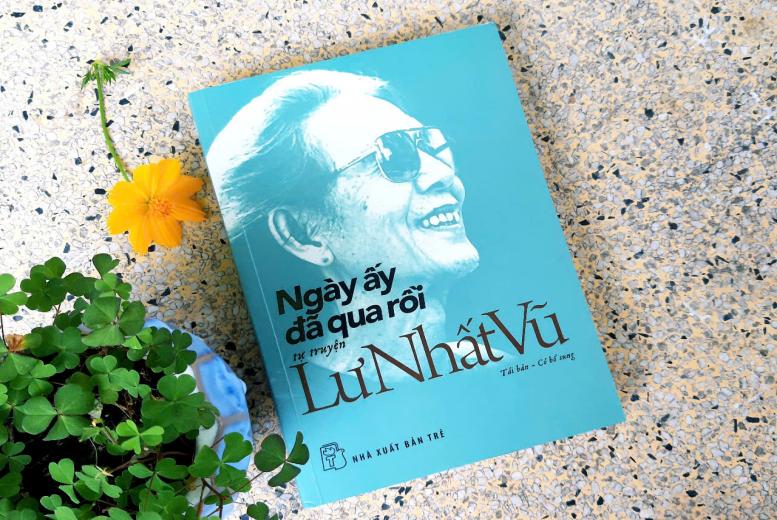





















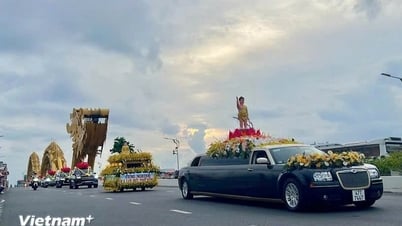
























































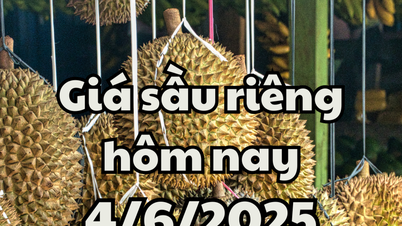
















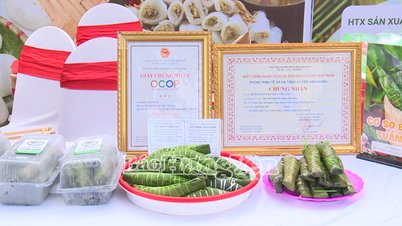

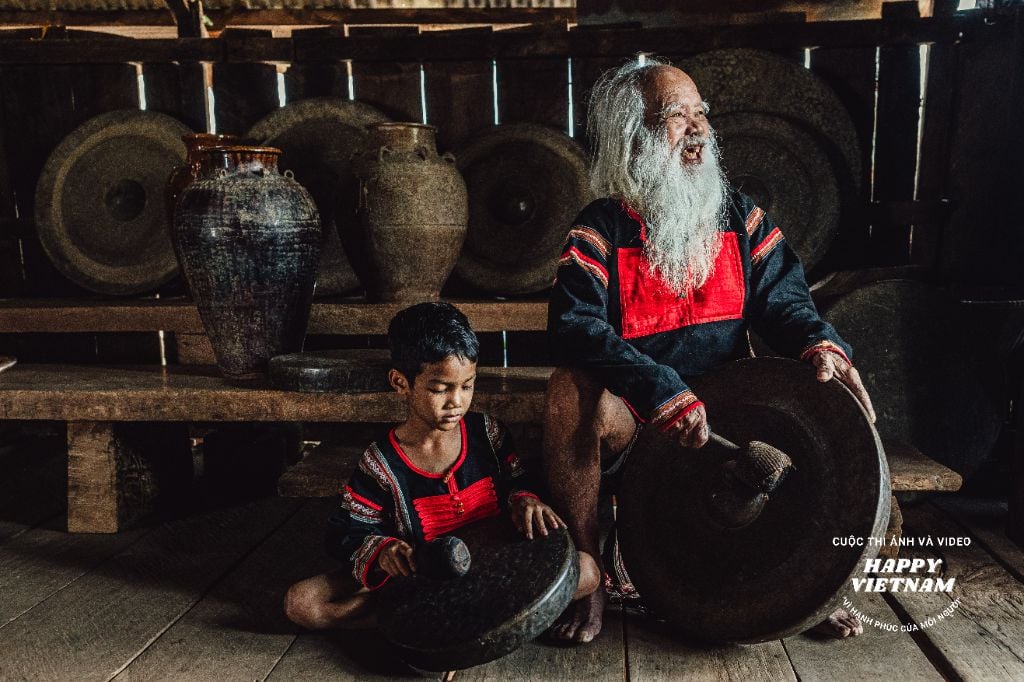
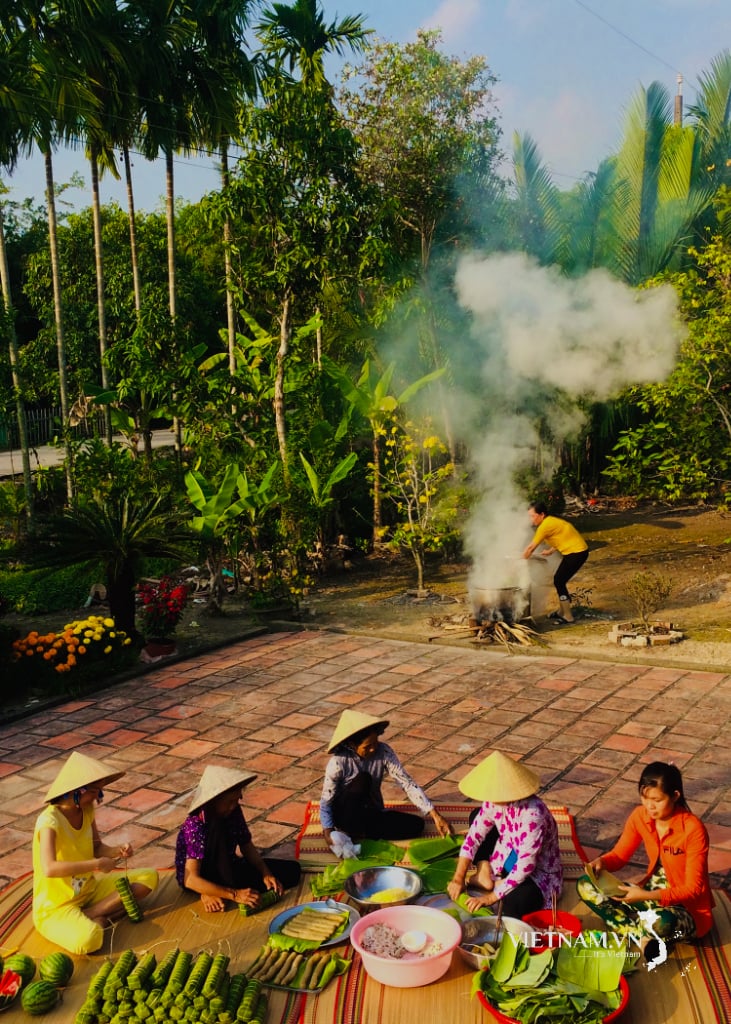

Comment (0)